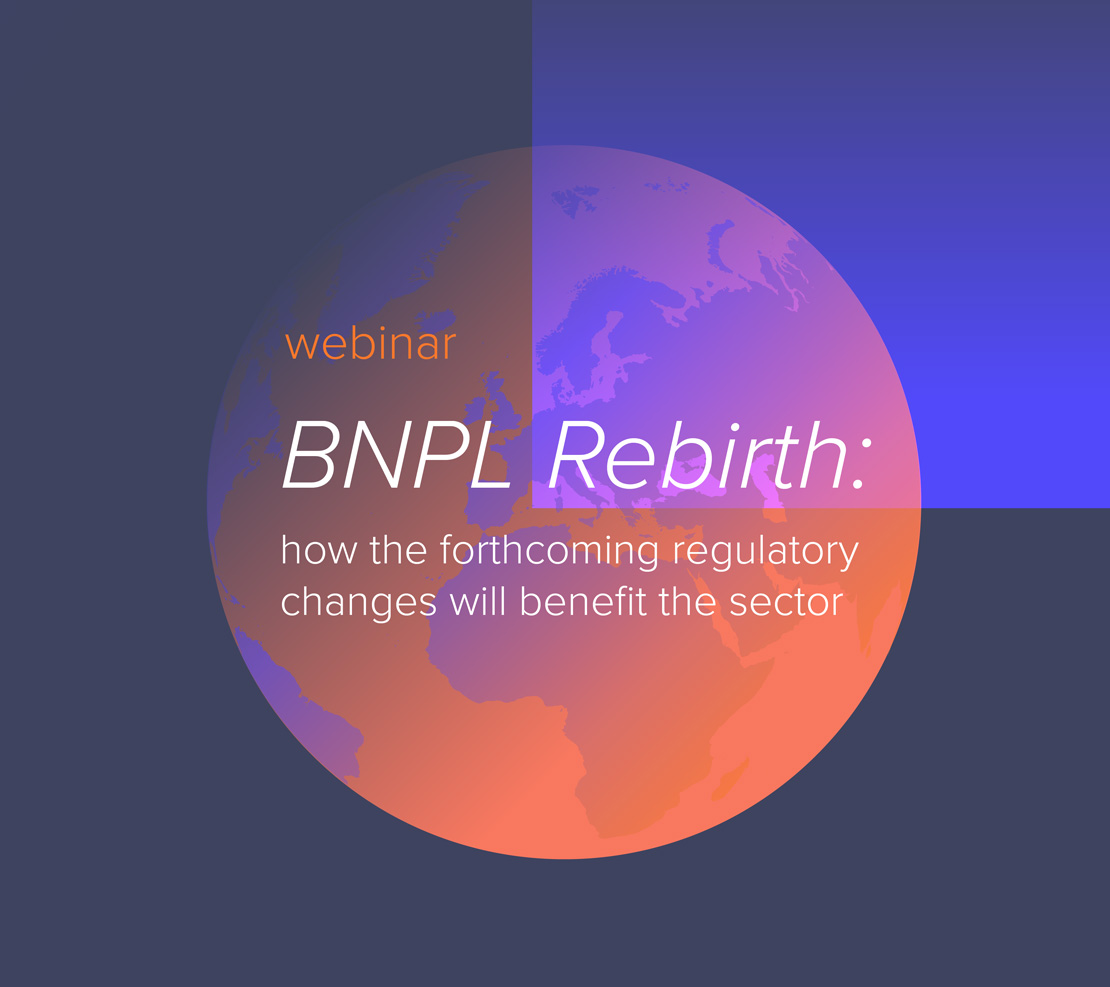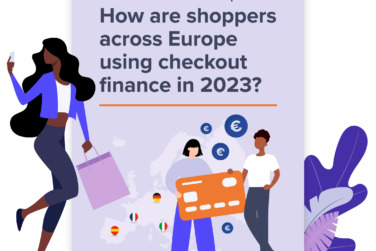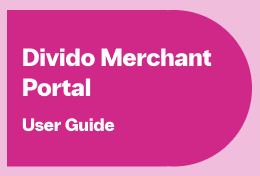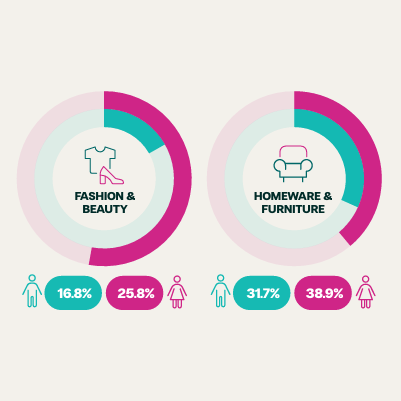BNPL Rebirth: how the forthcoming regulatory changes will benefit the sector

At Divido, we’re confident that regulation of Buy Now, Pay Later (BNPL) will have a positive impact on the sector.
When regulation finally comes into effect, lenders and retailers will benefit from improved consumer trust, a more level playing field between competitors and a more sustainable business model that will offer consumers greater choice for many years to come.
Earlier this year, our Head of Legal and Compliance and expert on regulation, Toby McCrindle, hosted Sulabah Agarwal, MD and Global Head of Payments at Accenture, and Charlie Mercer, Head of Economic Policy for the Coalition for a Digital Economy, in a one-of-its-kind webinar to discuss the benefits of regulation, and how it’s set to create a “Rebirth” of Buy Now, Pay Later.
Be sure to get the full background on this discussion, including where regulation in the sector stems from and some of the concerns our discussion sought to address. And, if you’d like to watch the full recording of the webinar yourself, you can find it here.
For now, here are some of the key take-aways from this discussion, gleaned from our panel of industry experts…
Does more BNPL equal consumer harm?
CM: It’s too early to tell, but wherever there is lending, there is the opportunity for consumer harm. There are already 70 million consumers in the UK using BNPL, and inevitably some of them will slip into financial difficulty as a result. So regulation is a must. BNPL providers and the wider ecosystem are on the same page with this.
TM: We can see parallels in the US, where regulators have taken enforcement actions against some BNPL lenders, and where a class action lawsuit is underway. Clearly some people there think there is provable harm.
SA: The delinquency rates published by some providers – around 3-5% – are significant. That shows a degree of impulse buying, where full information and hard credit checks would have been helpful. Like any other financial product, we need to make sure that BNPL has the right checks and balances.
How do we get regulation right?
CM: It can’t be as simple as applying a sticking plaster to the Consumer Credit Act (CCA). That legislation is so antiquated [1974] that it’s no longer compatible with innovative forms of financial services. But the overhaul of the CCA is a multi-year process, and regulation fast is the priority here. So having some sort of bespoke regulation is the least worst option. We should be aspiring to a proportional approach to regulation that is pro-innovation, pro-consumer, and is agnostic to technologies, services and entities.
SA: Regulation has to be full spectrum, covering all the different types of lending products there are. So whereas speed of regulation is essential, the nature of different products has to be addressed too.
TM: The variety of providers is a double-edged sword. More choice and competition is good for consumers, but it also creates confusion by what we mean by BNPL. The rules are going to have to apply equitably and consistently.
CM: The challenge is that there is no one BNPL. It’s a catch-all marketing term that encapsulates a spectrum of different products, which at either end can be very dissimilar. So the danger in defining BNPL is that it’ll be too narrow, and so there will be exemptions and loopholes; or too broad that you bring in other forms of traditional credit. So there’s a risk of having a two tier regulatory regime.
Will regulation entice more merchants to offer BNPL?
SA: Regulation will create a level of confidence, from the perspective of consumer protection. So there are clear incentives for merchants. It helps them increase their individual transaction size and reduce basket abandonment rates, But there needs to be a balance, because you don’t want the repercussions of delinquency and reputational damage. So nobody is in a rush to go too quickly.
If you look at SCA adoption, it was initially clunky. As it got more mature, it became less frictionless.When there is a clearer understanding of the requirements of the new regulation, the industry will figure out how to create frictionless journeys.
TM: Some are suggesting proportional credit and affordability checks, depending on the basket size, product type or other factors. It sounds sensible, but making it work in practice is another thing.
CM: The FCA’s Consumer Credit sourcebook is the answer to this. It instils common principles across financial services that can be applied to BNPL. But the consultation does not suggest that hard checks are compelled, or even advised. The Consumer Credit sourcebook (5.2 specifically) enables differentiation of affordability assessment in a way that can potentially allow for proportionality in BNPL. Hard credit checks for BNPL would exclude consumers who don’t meet antiquated rules at odds with what it means to be creditworthy in the 21st century. We have an open banking world where our financial data is our’s to access and share, and this is an alternative to hard credit checks as a way of proving your affordability.
Does the market and incumbents need to start thinking about their customers differently?
TM: The FCA’s proposed ‘Consumer Duty’ is coming, though it’s hard to regulate for a company acting in the best interests of customers. But the combination of this, plus new BNPL regulations, could represent a paradigm shift in how consumer credit providers, and BNPL providers in particular, think about their customers. That will be experience driven, but providers will also need to think about adapting business models, such as pricing in late fees. Ultimately, regulation needs to support customer choice by not shutting down competition in the marketplace.
SA: Yes, but not just because of impending regulation. Fintechs have really challenged the status quo across all financial services, and that is here to stay. The whole facet of customer experience has never been so high in terms of investment and focus. Control has moved to the customer, and whether you’re a newcomer or an incumbent, the market has moved beyond where everyone is forced by regulation to provide the same service.
CM: Contracts, terms and conditions, advertising, late payment notices…all the ways that providers communicate will need to be looked at to ensure that customers are informed and can access this information in a way that makes sense for them, while the tone reflects the relationship that providers have built with their customers.
Watch the full webinar here.
Divido is the platform partner enabling lenders and merchants to launch their own-brand checkout finance, fast. Consumer journeys are seamless, and can be optimised to convert more customers at every point of sale, online and in-store.
Keen to know more?








